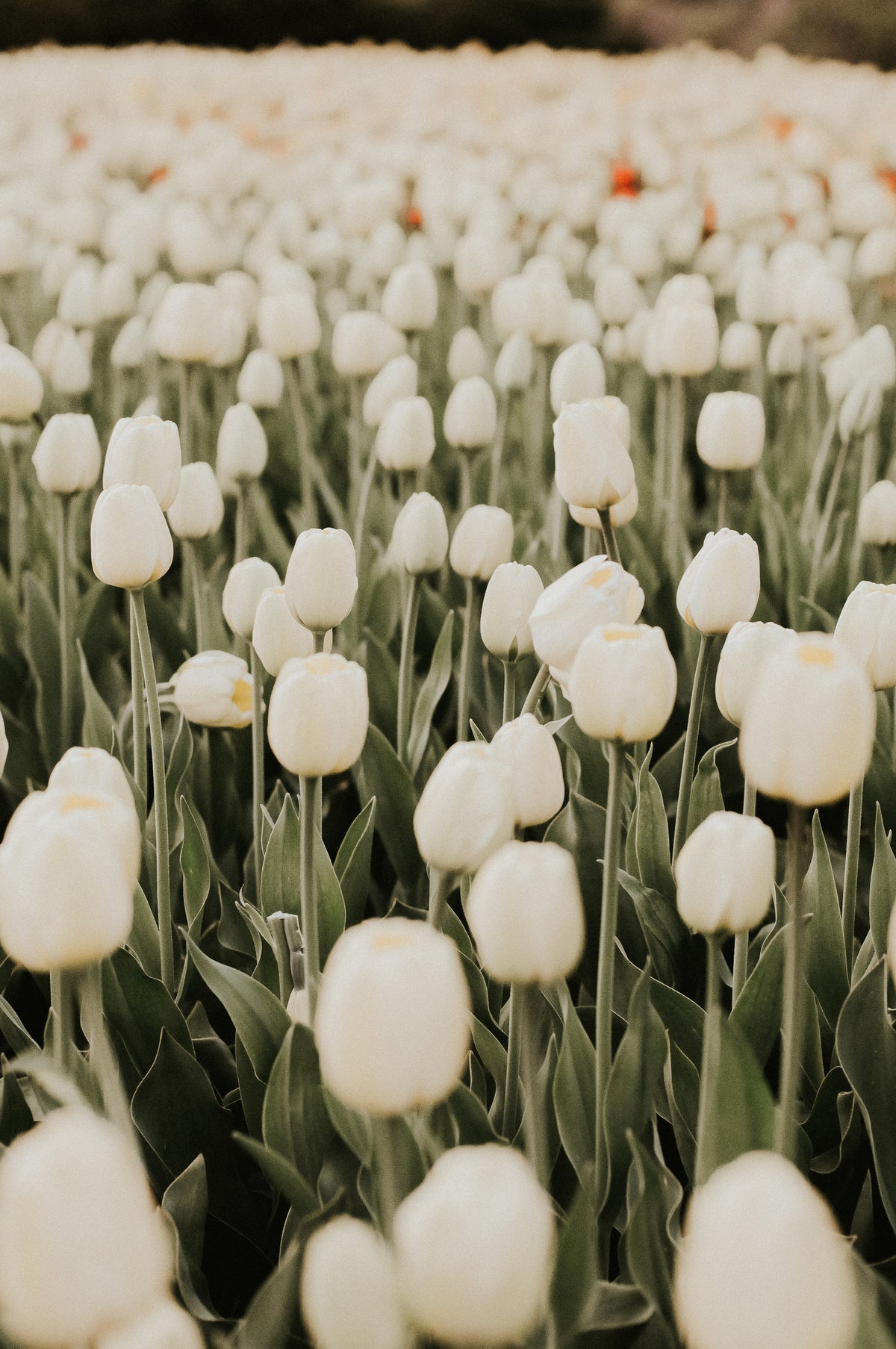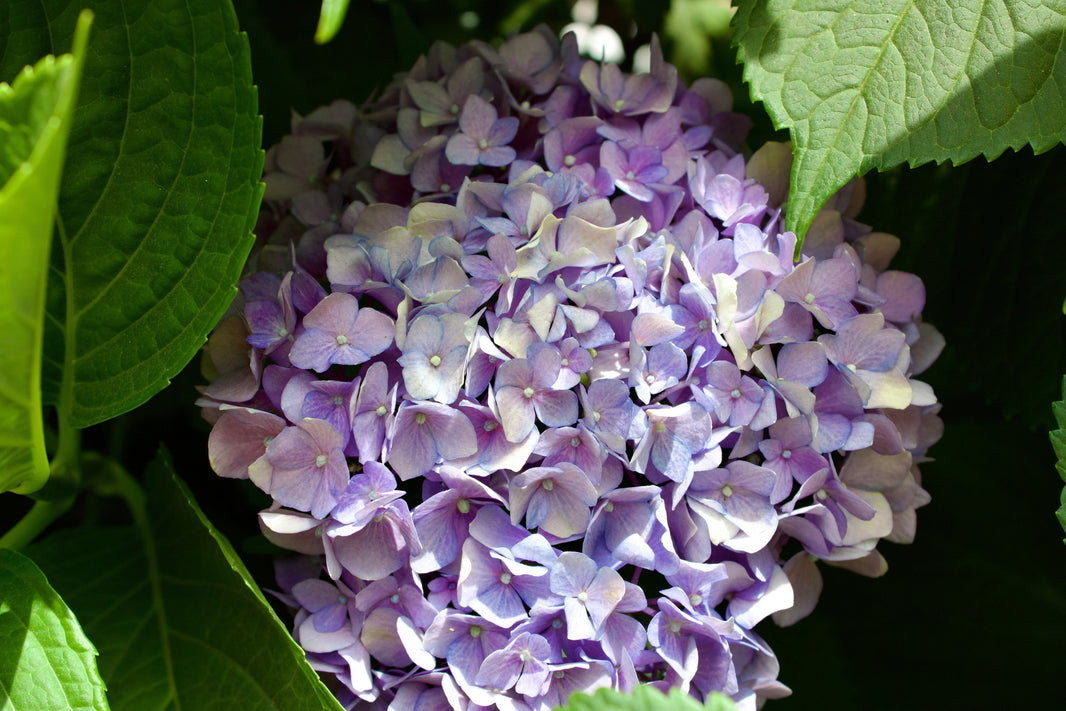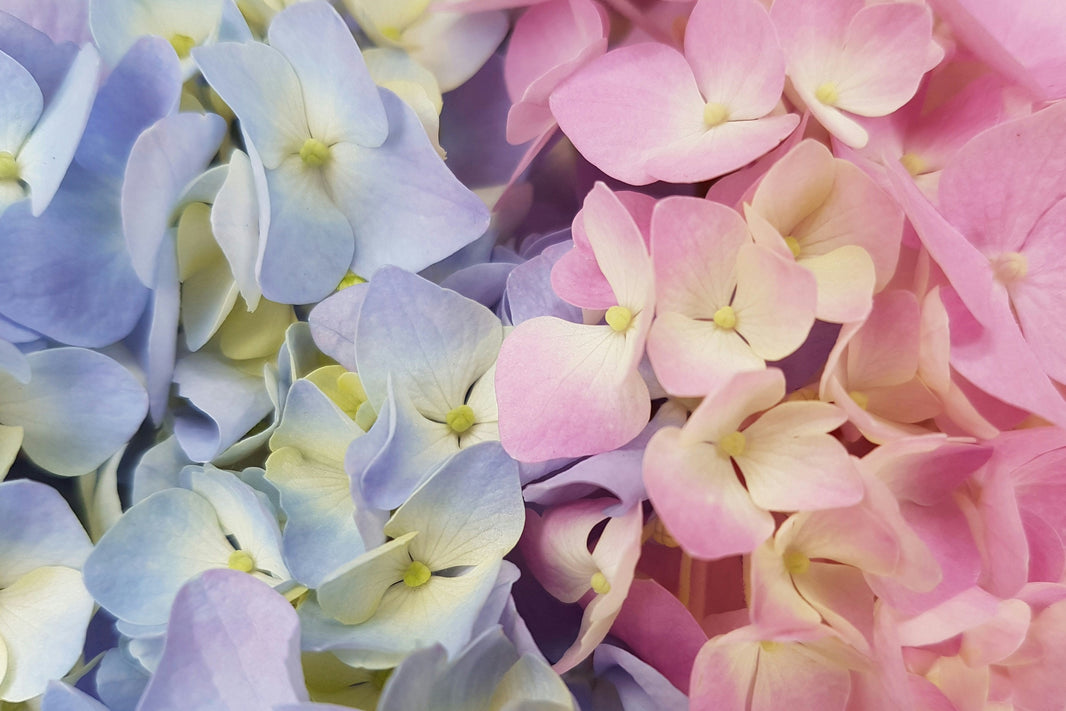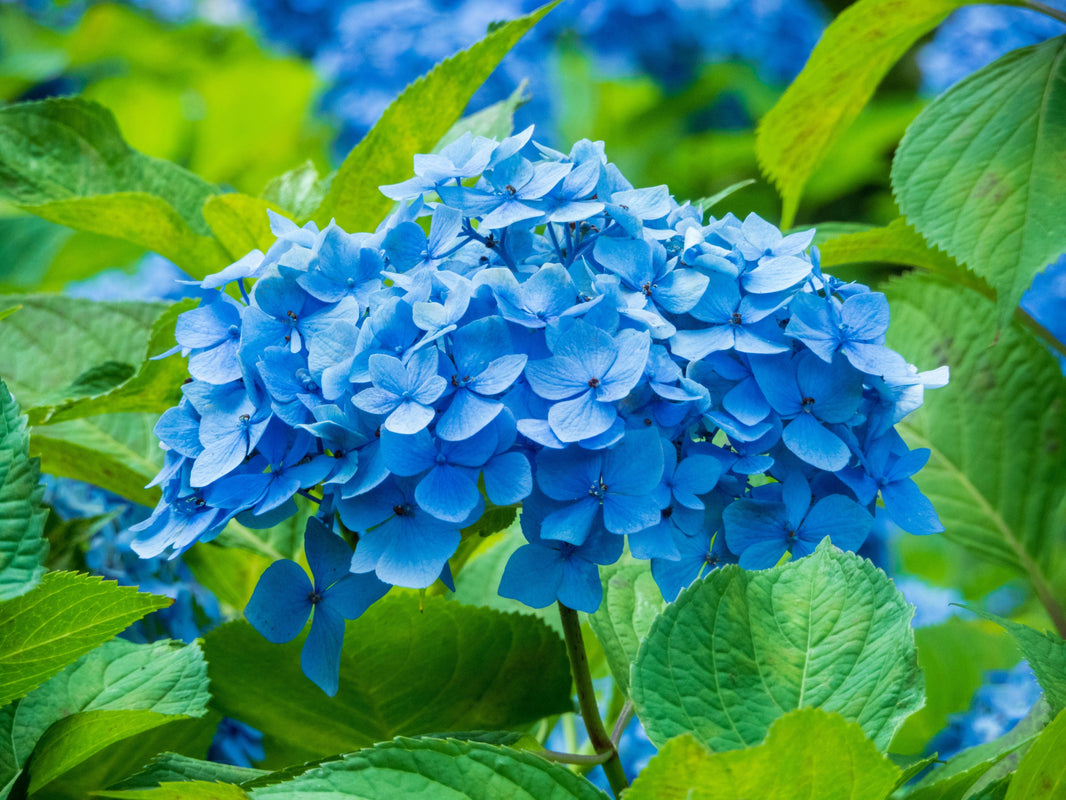Roses are timeless symbols of beauty, romance, and celebration. Whether featured in a luxurious bouquet, blooming in a garden, or displayed in a simple vase, roses captivate with their soft petals and unforgettable fragrance. But like all fresh flowers, cut roses require thoughtful care to maintain their appearance and extend their vase life.
Among the many natural remedies for preserving cut flowers, apple cider vinegar is one of the most talked-about. With its antibacterial properties and acidity, apple cider vinegar has earned a reputation in natural cleaning and wellness circles. But does it have a place in rose care, especially when dealing with cut stems?
Some florists and DIY enthusiasts swear by a few drops of apple cider vinegar in their flower water. The claim is that it balances water pH and kills bacteria, making it easier for the rose to absorb water and stay fresh longer. This belief has spurred a surge of online tips and home experiments aiming to validate vinegar’s place in floral maintenance.
While traditional flower food packets include sugar, acidifiers, and bactericides, apple cider vinegar is seen as a natural, eco-friendly alternative. However, not all flowers react the same way to changes in water chemistry. Roses, with their woody stems and specific hydration needs, may respond differently to this treatment compared to other flowers.
Understanding how apple cider vinegar affects roses begins with understanding how roses take up water, how bacteria impacts their stems, and how pH levels influence their overall health. Each of these elements plays a role in whether apple cider vinegar becomes a useful tool—or an unnecessary risk.
Additionally, with the increasing use of wholesale flowers for events, businesses, and online ordering, it’s more important than ever to know what methods can help maintain flower quality during the critical hours or days between delivery and presentation. As one of the most popular wholesale flowers, roses deserve special attention in post-harvest care.
In this blog post, we’ll examine the chemistry behind apple cider vinegar, how it interacts with rose stems and petals, and whether it’s worth adding to your floral routine. Whether you’re caring for a single stem or managing a large delivery from a provider like WholesaleFlowers.net, understanding the effects of apple cider vinegar on roses will help you make more informed, long-lasting arrangements.
Understanding Rose Physiology and Water Uptake
Roses are known for their beauty, but behind that iconic bloom lies a complex vascular system. Once a rose is cut from the bush, it begins a race against time to stay hydrated and vibrant. Without roots, roses depend solely on their stems and the water in their vase to survive and thrive.
The key to preserving roses is maintaining uninterrupted water flow through the stem. This process is facilitated by xylem vessels—tiny internal channels that move water from the cut base of the stem all the way up to the petals. If these vessels are blocked, roses begin to droop, wilt, or lose petals prematurely.
There are several threats to this water flow, and bacteria is one of the most aggressive. As stems sit in vase water, organic debris and sugars released from the flower provide an ideal breeding ground for microbes. These bacteria form slimy clogs in the xylem, essentially cutting off the flower’s lifeline.
Another factor is the natural formation of air bubbles, especially if stems are cut incorrectly or if water runs low in the vase. These bubbles can cause embolisms—air pockets in the xylem—that block hydration. This is why florists recommend cutting stems under running water at an angle.
Water pH also plays a significant role. Roses, like many flowers, prefer slightly acidic conditions, typically in the 3.5 to 5.5 pH range. Acidic water helps dissolve air bubbles, slows bacterial growth, and encourages efficient water uptake. Neutral or alkaline water can slow down these processes significantly.
This is where apple cider vinegar enters the discussion. Its acidity could potentially help maintain the ideal pH for rose hydration. By creating an inhospitable environment for bacteria and enhancing stem absorption, it may offer subtle but real benefits—if used correctly.
However, excessive acidity can also damage stem tissues or disrupt internal cell balance, especially if mixed too strongly. The goal in rose care is balance: supporting hydration, discouraging bacteria, and avoiding environmental stress that could shorten vase life.
The Chemistry of Apple Cider Vinegar and Its Floral Impacts
Apple cider vinegar (ACV) is made by fermenting crushed apples into alcohol and then into acetic acid. This fermentation process also leaves behind trace nutrients and organic compounds like potassium and polyphenols, which contribute to its reputation as a natural health booster. But how does this chemistry affect cut flowers—specifically roses?
The most notable property of ACV is its acidity. It typically has a pH of around 2.5 to 3. This level of acidity is well below the neutral pH of 7 and falls into the desired range for flower water, which should be mildly acidic to support optimal hydration and microbial control. This makes ACV a potentially useful addition to vase water when appropriately diluted.
In theory, the acidity helps dissolve any air blockages in the xylem vessels and creates a hostile environment for bacteria. Since bacteria thrive in neutral or slightly alkaline environments, lowering the water’s pH with apple cider vinegar can inhibit their growth, helping maintain clearer water and open stems.
Unlike synthetic preservatives, ACV also contains enzymes and nutrients that some believe can help feed the flower. However, the concentration of these compounds in diluted solutions is minimal, and their effects are largely anecdotal rather than scientifically confirmed.
When it comes to rose care, one risk with ACV is overuse. Adding too much can drop the pH too far, creating a harsh environment that may degrade cell walls in the stem or interfere with the osmosis process that allows water to be absorbed. This can result in petal browning or softening of the stem over time.
Another concern is consistency. Not all apple cider vinegars are made the same. Raw, unfiltered ACV—often sold with the “mother”—contains suspended particles and additional microbes. While beneficial in digestion, these organic elements may not be ideal in floral water, as they can contribute to cloudiness or new microbial blooms if not managed correctly.
When used in moderation, however, ACV can help balance the vase environment for roses. The key is proper dilution—typically one to two tablespoons per quart (or liter) of water—combined with sugar to feed the rose and regular water changes to maintain a healthy environment.
Understanding ACV’s chemistry helps explain why it might be helpful in rose care, but also why caution is essential. Roses are sensitive to pH shifts, and while apple cider vinegar can assist with preservation, precision in its use determines whether it helps or hinders.
DIY Flower Food Recipes Using Apple Cider Vinegar
For those looking to use natural ingredients instead of commercial flower preservatives, apple cider vinegar is a popular go-to. When combined with sugar and water, it creates a DIY flower food solution that mimics the core properties of store-bought formulas. But does this home mixture hold up for rose care?
A standard home recipe includes two tablespoons of apple cider vinegar and two tablespoons of white sugar per quart of lukewarm water. The sugar acts as a carbohydrate source, feeding the rose and giving it the energy it needs to maintain petal firmness and bloom vibrancy.
The apple cider vinegar serves two purposes. First, it acidifies the water, optimizing pH for hydration and water uptake. Second, it inhibits the growth of bacteria and mold that typically flourish in vase environments. The combination of energy and protection makes this a well-rounded floral solution—at least in theory.
In practice, the effectiveness of this DIY mix depends on a few important variables. Water cleanliness is key. If the vase hasn’t been sanitized or the roses weren’t freshly cut, the benefits of the solution are muted. Regular maintenance, including daily water changes and stem trimming, is essential to prolonging freshness.
It’s also important to note that sugar can become a liability if not balanced with antibacterial agents. If the vinegar isn’t potent enough or the solution isn’t refreshed regularly, the sugar can feed bacterial blooms, which will cloud the water and reduce flower life—negating any positive effects of the mixture.
Many florists and home enthusiasts who have tested this mixture report positive results—roses last longer, petals remain firmer, and water stays clearer for longer periods compared to plain tap water. However, results can vary depending on the rose variety, the condition of the stems, and even the brand or strength of the apple cider vinegar used.
This DIY method offers an affordable and eco-friendly alternative for people who want to avoid synthetic preservatives, especially when caring for smaller bouquets or personal floral displays. For bulk or event work, more controlled solutions may be preferable.
Used wisely, the apple cider vinegar and sugar flower food mix can offer roses improved hydration and longevity, rivaling commercial solutions—especially when combined with proper rose care practices and clean handling.
The Role of Water pH in Rose Health
Among the many factors that influence rose longevity, water pH is one of the most critical—and perhaps one of the least understood by casual flower keepers. Water pH affects how efficiently roses take up water, absorb nutrients, and resist microbial invasion. Apple cider vinegar plays a direct role in modifying this factor.
Cut flowers, especially roses, prefer a slightly acidic environment, generally within a pH range of 3.5 to 5.5. Acidic water helps maintain the flow of water through the xylem vessels, keeps the stem channels open, and discourages bacteria from forming slimy blockages that choke off hydration.
Most tap water hovers around a neutral pH of 7 or slightly above, depending on the region. When used untreated, this neutral water can allow bacteria to flourish, and may reduce hydration efficiency in sensitive flowers like roses. That’s where acidifiers—like apple cider vinegar—can help.
By lowering the pH of the vase water, apple cider vinegar makes the environment less hospitable to bacteria and more aligned with a rose’s natural preference for acidic soil and conditions. This simple shift can improve the initial uptake of water, which is critical in the hours after roses are trimmed and placed in a vase.
However, too much acidity is just as harmful as not enough. Over-acidification can damage stem cells, leading to limp stems and petal discoloration. This is why measured dilution is essential when using apple cider vinegar in floral water—typically no more than two tablespoons per quart.
Testing water pH can be a helpful step for those managing large rose arrangements, such as florists working with wholesale stems. pH test strips or digital meters are inexpensive tools that allow for more precise control and can help ensure the solution is in the ideal range for preservation.
Regular monitoring is especially important if other substances—such as sugar, bleach, or essential oils—are being added to the water. Each has the potential to shift the pH balance and create unintended consequences for your flowers.
In summary, water pH plays a pivotal role in rose care, and apple cider vinegar can be a useful tool for optimizing it. But achieving the perfect balance requires careful measurement, ongoing monitoring, and an understanding of how roses respond to their environment.
Antibacterial Properties of Apple Cider Vinegar in Flower Care
One of the key benefits often attributed to apple cider vinegar is its natural antibacterial power. In floral care, this attribute is especially appealing, as bacterial growth is one of the main culprits behind premature wilting and vase water spoilage. But how effective is apple cider vinegar at controlling bacteria in a floral context—specifically for roses?
Apple cider vinegar contains acetic acid, which has known antimicrobial properties. It can kill or inhibit the growth of a wide range of bacteria, including some of the common strains found in stagnant flower water. By reducing these harmful microbes, ACV helps keep stem vessels open and functioning, prolonging the life of cut roses.
In clean vase water, ACV can delay the formation of biofilm—a slimy layer of bacteria that accumulates inside stems and at the bottom of vases. This biofilm quickly impedes water uptake and is responsible for that unpleasant odor that often develops after a few days.
Roses are particularly vulnerable to bacterial blockage because their woody stems contain narrow xylem vessels. Once these vessels become clogged, water absorption slows drastically, causing petals to droop and outer leaves to yellow. Adding a mild antibacterial like ACV to the water can reduce the likelihood of this happening.
It’s important to note that while ACV helps with bacterial control, it’s not a complete substitute for traditional biocides found in commercial preservatives. Those solutions are specifically engineered for prolonged protection and typically remain effective even in warm conditions or with minimal water changes.
ACV works best when the water is changed regularly. Its antibacterial action is strongest when fresh, and as the acetic acid dissipates, bacteria can begin to rebound. Daily or every-other-day water changes are necessary to maintain the benefits.
In cases where roses are kept in warm rooms or under bright lights—conditions that accelerate bacterial growth—ACV can be especially helpful. Its natural acidity discourages the proliferation of heat-loving microbes and keeps vase water clearer for longer.
Though effective, ACV should be used in moderation. High concentrations can irritate or damage delicate rose tissues. A light dosage, paired with sugar and clean handling, creates a balanced solution that supports hydration while keeping bacterial invaders in check.
In conclusion, apple cider vinegar is a gentle yet effective antibacterial additive that can support rose longevity when used correctly. It’s not as powerful as lab-grade preservatives but offers a safe, natural option for those seeking a more holistic approach to flower care.
Managing Rose Presentation and Fragrance with ACV
When caring for roses, visual appeal is only part of the equation. Fragrance, bloom shape, petal softness, and leaf condition all contribute to the overall impression. The use of apple cider vinegar in the vase water can subtly influence these presentation factors—for better or worse—depending on how it’s applied.
One of the first things rose lovers notice is how quickly blooms either flourish or fade once placed in a vase. Using apple cider vinegar can improve water uptake and reduce bacterial cloudiness, which in turn helps roses maintain their classic cup shape and upright stems for a longer period.
ACV’s impact on petal texture is less direct but still significant. By preserving water flow, it helps the petals stay plump and smooth rather than crinkled or curled. Petals that are fully hydrated also better retain their natural sheen, enhancing the overall look of the arrangement.
Leaf quality is another visual marker. When stems are blocked or water is dirty, rose leaves begin to yellow or wilt—an effect that diminishes even the most vibrant bloom. ACV helps reduce these signs of decline by maintaining clearer water and keeping stems open.
Fragrance is a more nuanced area. Roses emit scent from specialized oils and compounds stored in their petals. When flowers are well hydrated, these scent molecules are more effectively released. While ACV doesn’t directly enhance scent, its role in improving water flow may allow fragrance to remain stronger for longer.
However, using too much vinegar—especially raw, unfiltered types—can occasionally produce off-scents that interfere with the rose’s aroma. This is more common in small spaces where flower arrangements are close to the nose, such as dining tables or desk bouquets. Dilution is essential to prevent vinegar from overpowering the rose’s natural perfume.
Color presentation also ties into hydration. Faded or browning edges are often the result of dehydration or stem stress. ACV, when used correctly, helps reduce these symptoms, ensuring that roses maintain their rich reds, soft pinks, or buttery yellows throughout the life of the arrangement.
For florists and event designers working with bulk roses, managing visual uniformity is critical. Even small improvements in petal freshness and scent retention make a big impact when seen across dozens or hundreds of stems. Incorporating ACV into pre-treatment routines can support this goal without adding significant cost or labor.
In the end, apple cider vinegar offers small but meaningful improvements in rose presentation when integrated into a broader care regimen. While it won’t make a poor-quality rose bloom better, it can help a good rose last longer and look fresher while on display.
Risks and Limitations of Apple Cider Vinegar in Rose Care
Despite its benefits, apple cider vinegar is not a cure-all for flower preservation—and when used incorrectly, it can do more harm than good. Understanding its limitations is essential for anyone looking to use ACV as part of a rose care strategy.
The first and most obvious risk is over-acidification. Roses prefer slightly acidic water, but not water that’s extremely low in pH. Using too much apple cider vinegar—especially in small vases—can create conditions that damage cellular tissues and restrict water uptake rather than improve it.
Excessively acidic water can lead to petal edge browning, stem weakening, and reduced fragrance. These symptoms may appear subtle at first but become more apparent after 24–48 hours. If your roses are wilting or discolored faster than expected, it’s worth reviewing how much vinegar was added to their water.
Another concern is the use of raw, unfiltered apple cider vinegar. While this type contains beneficial enzymes and bacteria for digestion, those same elements can cloud water or introduce unwanted microbes into a floral environment. For flower care, filtered ACV is often a safer, more consistent choice.
ACV also doesn’t contain sugar or nutrients on its own. Roses need carbohydrates to sustain cellular energy. If you’re only using ACV without adding a sugar source, you’re providing microbial control without nourishment. This can result in slower bloom opening or premature fading.
In environments with high heat or humidity, vinegar’s antibacterial benefits may not last long. Under these conditions, water must be changed more frequently to ensure that microbial populations don’t rebound and take over the vase.
Compatibility with other additives is another limitation. ACV doesn’t always blend well with bleach or other synthetic compounds used in commercial flower care. When mixed improperly, these combinations can result in chemical reactions that are harmful to flowers or create unpleasant odors.
Finally, ACV’s performance is inconsistent across flower species. While roses tend to respond reasonably well, more delicate flowers like peonies, ranunculus, or orchids may react poorly to even mild acidity. If you’re working with a mixed bouquet, testing the solution on one stem first is advised.
In short, while apple cider vinegar can support rose longevity, it must be used with care. Measuring accurately, using filtered varieties, and pairing with sugar and frequent water changes are all necessary to achieve consistent results.
Apple Cider Vinegar in Bulk Rose Handling and Wholesale Applications
As demand for bulk floral arrangements continues to grow—especially for weddings, corporate events, and floral retailers—understanding how apple cider vinegar affects roses at scale becomes increasingly relevant. While ACV may work well for small, personal bouquets, its application in wholesale environments requires a more nuanced approach.
Wholesale roses are typically shipped semi-hydrated and require immediate conditioning upon arrival. During this phase, florists rehydrate the stems, remove excess foliage, and prepare the roses for storage or arrangement. This is a critical window where water quality and additives can significantly impact rose performance.
In these early stages, adding apple cider vinegar to conditioning buckets can help reduce microbial buildup and promote water flow. When dealing with dozens or hundreds of roses, even small gains in vase life translate to major savings and improved presentation.
However, scaling up the use of ACV introduces several logistical challenges. Measuring and maintaining precise concentrations across multiple five-gallon buckets requires consistency. Overuse in just one bucket can affect an entire batch of roses, potentially leading to stem damage or bloom loss.
To manage this, many florists use measured squeeze bottles or pre-mixed ACV solutions diluted to appropriate ratios. A common formula is 2 tablespoons of ACV and 2 tablespoons of sugar per gallon of lukewarm water. This blend mirrors homemade flower food and can be used as a starting hydration solution.
Storage temperature plays a major role in how ACV performs. Cold rooms slow bacterial growth and extend the effectiveness of the vinegar solution, while warmer environments may require more frequent water changes. In general, flowers stored at 34°F to 38°F will respond better to ACV-enhanced water than those left at room temperature.
Rose variety is another factor to consider. Hybrid teas, spray roses, and garden roses all vary in stem thickness and bloom sensitivity. While most respond well to mild acidification, test batches should always be conducted before applying any new solution across an entire order.
One advantage of using apple cider vinegar at scale is its availability and affordability. Compared to commercial preservatives, ACV is widely available, economical, and environmentally friendly. For florists who prioritize natural products or cater to eco-conscious clients, this can be a significant value proposition.
That said, commercial floral preservatives still offer better consistency and broader spectrum control. For high-stakes events or retail settings where every bloom must perform perfectly, many professionals still prefer lab-tested products that deliver reliable results across mixed flower types.
For florists sourcing from trusted suppliers like WholesaleFlowers.net, the starting quality of the rose is already high—meaning fewer additives are needed to keep them looking great. In such cases, apple cider vinegar may serve as a light-touch supplement, helping to maintain freshness without overwhelming the flower’s natural integrity.
Apple cider vinegar, a humble staple in kitchen cabinets around the world, proves to be more than just a cooking or cleaning agent. When used properly, it offers measurable benefits for rose care, from enhancing water uptake and maintaining bloom freshness to discouraging harmful bacterial growth in vase water.
Throughout this blog post, we’ve explored the scientific and practical sides of incorporating apple cider vinegar into rose care routines. Its acidity supports the ideal pH range for hydration, while its antimicrobial properties help keep stems unclogged and petals firm. When paired with sugar and used in correct proportions, ACV becomes a natural alternative to synthetic floral preservatives.
Still, it’s not without limitations. Overuse, improper dilution, and incompatibility with some flower species can reduce or reverse its benefits. Clear guidelines—such as sticking to 1–2 tablespoons per quart of water and changing the water regularly—are crucial for success. Testing small batches before scaling up is equally important, especially when working with valuable blooms.
For those purchasing roses in large quantities—especially through wholesale roses delivery—preservation methods like apple cider vinegar can provide cost-effective and eco-conscious ways to maintain freshness. But success begins with quality. That’s why starting with premium stems is non-negotiable.
A trusted source like WholesaleFlowers.net ensures you receive roses that are healthy, well-hydrated, and primed for longevity. Their dedication to freshness and floral integrity gives florists and DIY buyers a strong foundation for any preservation strategy.
Ultimately, whether you’re arranging a bouquet for your kitchen table or styling a thousand roses for a wedding ceremony, natural additives like apple cider vinegar can play a supportive role. But their true power lies in how they are paired with good floral hygiene, consistent care, and premium-quality blooms.
If you’re ready to elevate your rose arrangements and want flowers that are worth preserving, click here to browse the exceptional wholesale collections available at WholesaleFlowers.net. With the right care and the right source, your roses will not only last longer—but look stunning from the first day to the last.






